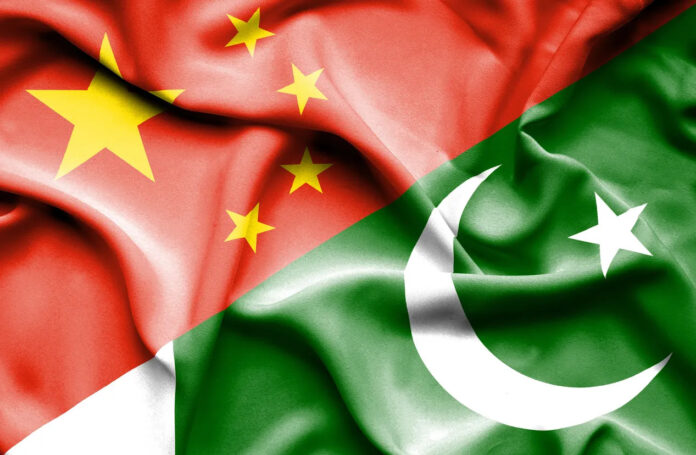A first-of-its-kind international conference on “Shared Buddhist History” that started in New Delhi on Tuesday and included Pakistan and China, among others, was focused on India’s cultural ties to the Shanghai Cooperation Organization (SCO) members.
The two-day Conference, which was organised by India as the SCO’s chair, brought together Central Asian, East Asian, South Asian, and Arab nations on a common stage intending to revive cross-cultural ties and identify similarities among Central Asian Buddhist art, art forms, archaeological sites, and ancient artefacts in various SCO nations’ museum collections.
Founded in Shanghai on June 15, 2001, the SCO is an intergovernmental organisation that currently has eight member states: China, India, Kazakhstan, Russia, Pakistan, Kyrgyzstan, Tajikistan, and Uzbekistan; four observer states Afghanistan, Iran, Belarus and Mongolia; and six “Dialogue Partners”: Armenia, Cambodia, Azerbaijan, Nepal, Sri Lanka, and Turkey. Over 42% of the world’s population and 25% of the world’s GDP are represented by the eight SCO members.
The Conference, in the opinion of A Imran Shauket, Advisor to Pakistan Tourism Coordination Board, provided a crystal-clear illustration of the role India was playing in uniting nations with similar Buddhist heritage.
“This session is simply one very clear illustration of the amazing role that India is actually playing in bringing all the SCO countries together, let’s say all the nations with the Buddhist tradition,” Shauket remarked.
“I am extremely amazed at how welcoming India has been, how they’re bringing all the nations together,” said Shauket, who formerly worked as the point of contact for Pakistan’s minister of archaeology and tourism. India will also always play a significant role in the development of Buddhism because, as you may know, Buddha was born there.
He expressed his eagerness for Pakistan, India, and other nations to collaborate in preserving and advancing their shared Buddhist heritage.
“If we want to look at it, this Buddhist civilisation is the first type of adhesive that unites all these nations and civilisations.
Going back in time, forgetting about our differences, and focusing on how we were all connected then—and how we can identify commonalities rather than differences across all of our various cultures—would be quite pleasant.
And keep in mind that we once shared the same culture and were one and the same,” said Shauket.
According to the advisor of the Pakistan Tourist Coordination Board, Pakistan is also beginning to focus more on the Buddhist side of things.
He claimed that Pakistan is working to uphold and advance all cultural traditions, including Hindu, Sikh, and Buddhist ones.
The Conference, according to Shengliang Zhao, a researcher from China’s Dunhuang Research Academy and conference attendee, provided a significant chance for India and China to celebrate their respective histories.
“This is what brings China and India closer together. This particular gathering sends out a strong message of peaceful cultural coexistence between China and India. With this peaceful history, we will continue to go forward, Zhao declared in his remarks that were translated.
The two-day Conference was previously opened by Union Minister of Culture G Kishan Reddy at Vigyan Bhawan in the nation’s capital in the presence of State for External Affairs Union Minister – Meenakshi Lekhi and State for Culture Minister – Arjun Ram Meghwal.
The participating representatives from SCO member nations were honoured by G Kishan Reddy.
For one year, from September 17, 2022, to September 20, 2023, India will be the SCO’s leader.
In order to debate “Shared Buddhist Heritage,” the Conference has brought Central Asian, East Asian, South Asian, and Arab nations together.
Over 15 academics and delegates from China’s Dunhuang Research Academy, Institute of History of Kyrgyzstan, Archaeology and Ethnology, State Museum of the History of Religion of Russia, Belarusian State University, Tajikistan’s National Museum of Antiquities, and Myanmar’s International Theravada Buddhist Missionary University, among other institutions, will present research papers on the subject over the course of the two-day Conference.
The World Buddhist Confederation, a grantee organisation of the Ministry of Culture, is organising the initiative along with the Ministries of Foreign Affairs and Culture. The gathering is also attended by a number of Indian Buddhist experts.
The Conference aims to reestablish cross-cultural connections and look for similarities between Central Asian Buddhist art, art forms, archaeological sites, and antiquity in various museum collections from SCO nations.

